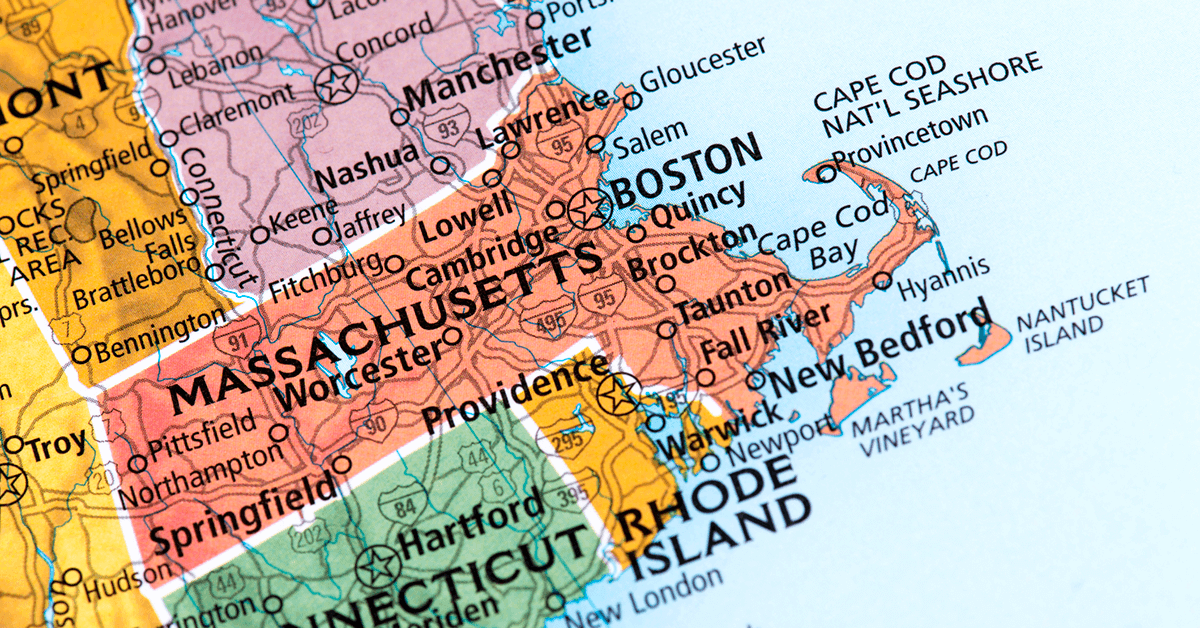
Massachusetts Bans Evictions and Foreclosures: The Problems it Solves and the Problems it Creates
On April 28, there were 58,3012 confirmed cases of COVID-19 in Massachusetts to date compared to the 4257 confirmed a month prior. While some of the increase can be attributed to the state’s ramp up in testing – it’s clear that the rapid spread of COVID-19 has put Massachusetts, and many other states, in crisis.
In particular, there are unemployed or furloughed residents who are unable to pay their mortgages or rent as a result of the virus’s impact on the economy. Local housing advocates in Massachusetts are concerned that evictions and foreclosures, due to unavoidably missed payments, will force residents out of their homes and into unsafe living conditions.
To provide support, Massachusetts Governor Charlie Baker signed a bill to pause most evictions and foreclosures on April 2. House bill 4615 is a temporary measure that will create a much-needed safety net for homeowners, renters, and business owners, but is being met with some resistance from landlord representatives.
Governor Baker acknowledged the situation by saying in a Boston Globe article, “Many of the Commonwealth’s residents are facing economic hardship due to the impacts of COVID-19.” Baker continued, “By pausing evictions and foreclosures, we hope to provide homeowners and renters with additional relief and protections during this difficult time. We thank our colleagues in the Legislature for their careful work in crafting and passing this bill.”
- A moratorium on all stages of eviction and foreclosure. The moratorium will last 120 days from the start of the legislation, or 45 days after the state of emergency has ended, whichever comes first.
- A ban on late fees and credit damage. The bill bans landlords from issuing and collecting late fees on missed payments. Landlords are also prohibited from reporting missed payments to credit agencies as long as the tenant has provided the landlord with notice and documentation within 30 days of a missed payment proving that the lapse was related to financial hardship related to COVID-19.
- Missed payments are due when the state of emergency is lifted. While late fees may not be charged, missed payments are due at the pandemic’s end. Repayment options vary but may include lump-sum payments or additional payments added to the back end of a mortgage.
- The moratorium applies to property owners living in the building. Owners who live in the building and own less than four units may qualify for relief if they are experiencing a COVID-19-related hardship.
- Landlords are receiving some assistance: The bill allows landlords to use tenants’ last month’s rent to cover costs.
Like similar bills across the country, some believe the measure is one-sided. When homeowners stop paying rent and mortgage, landlords are left unable to pay their water, sewer, and electricity bills, along with property taxes. While the bill addresses this pitfall by allowing landlords to use tenants’ last month’s rent to cover these costs, many property owners still believe it’s not enough.
Kate Franco of Fall River, the former CEO of a property management company and a former landlord and small business owner, worries that without an incentive to pay their rent many renters or borrowers will fall too far behind in their payments to ever catch up. In the article Baker Signs Eviction Moratorium Bill, Franco said she worried that, at the end of the moratorium, tenants would just walk away from their debt. She said, “Nothing’s stopping (tenants) from moving to another property. That landlord’s not going to recover.”
Gregory Vasil, CEO of the Greater Boston Real Estate Board, worries about how long it will take for landlords to get their rent at the end of the moratorium with the predicted overload the courts will face for these types of cases. In the CommonWealth article, he urges lawmakers to consider a bailout for landlords as well.
A group of state representatives, led by Minnesota’s Ilhan Omar, plans to do just that. Her proposed bill, which goes to vote in late April, would provide a relief fund for landlords and mortgage holders and would be enacted nationwide.
Time to Focus on Affordable Housing
Taxes on real estate are not the answer. Sign the petition calling on Congress to address our country’s housing shortage.





